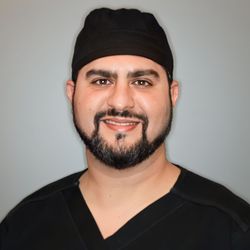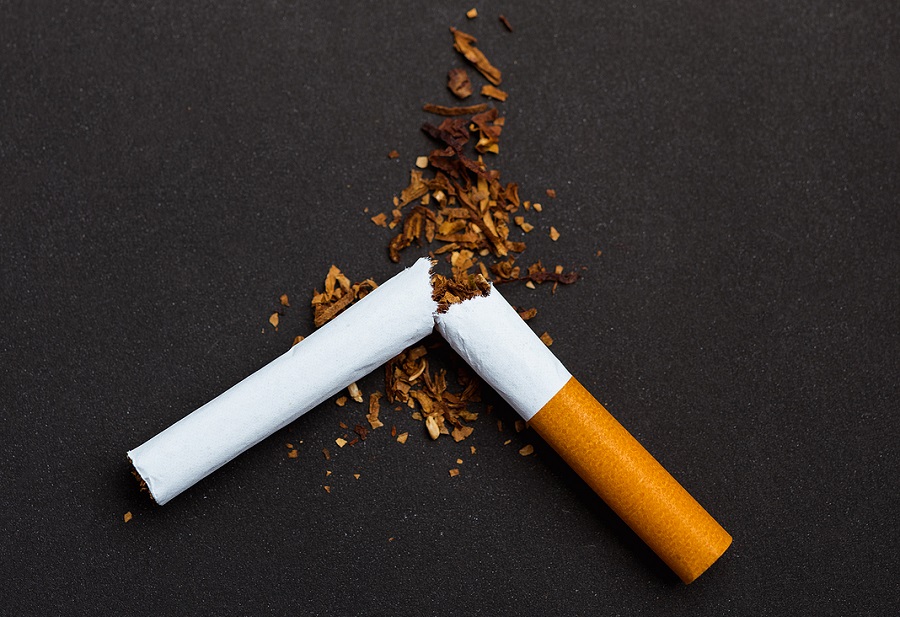If you’ve ever heard the term “pregnancy gingivitis” used, there’s a good chance you subconsciously link hormones and gum disease together.
Some women are a bit more susceptible to physical changes as their hormones cycle each month. Pregnancy and menopause are no different. Depending on what season of life you’re in, it’s common to see oral symptoms associated with hormonal changes, including:
- Slightly swollen gums
- Tenderness
- Light bleeding
Pyogenic granulomas are a classic example of how your mouth can change along with your hormones. These irregular growths have an unfortunate nickname of “pregnancy tumors” and they can form on your gum tissues during gestation. Fortunately, they’re not actual tumors in the sense of what most of us consider atypical growths. But they do tend to be quite unsightly. For some women, these highly vascular growths pop up along the gumlines during pregnancy. But they can also form on other parts of the body. Oral pregnancy tumors tend to improve after giving birth (when your hormones stabilize). But if they interfere with normal everyday activities, it may be necessary to have them removed by our periodontist.
Yes, Your Hormones May Make Your Gums Bleed
In addition to hormonal sensitivity, some women do tend to be slightly anemic during menses. And oddly enough, a side-effect of anemia is gums that bleed easily. You might exhibit symptoms of gingivitis or gum disease minus the redness or swelling, simply due to low iron levels in your blood. As your cycle concludes and iron levels stabilize, issues like bleeding gums should also improve.
But you don’t have to be anemic to see gum problems when hormone levels change. Conditions like “pregnancy gingivitis” mirror the symptoms of gum disease but are hormone induced instead of related to bacteria. Some women see chronic bleeding and gingivitis-like symptoms regardless of how well they brush and floss. Like other pregnancy symptoms, this faux-gingivitis will also tend to resolve after you give birth.
Why You Shouldn’t Blame Bleeding Gums on Hormones
It could be life-threatening to an unborn baby if you mistake active periodontal disease for pregnancy gingivitis. Periodontal disease is known to statistically raise your risks of preeclampsia, pre-term labor, low birth weight in babies, and even stillbirth. Unknowingly shrugging the symptoms off as temporary or hormonal related is a dangerous approach to take.
Hormone-induced Gingivitis vs. Periodontal Disease
The only way to truly know whether your gum health condition is hormonal related or clinical periodontal disease is to meet with your dentist or gum specialist. Experts can evaluate your oral tissues and medical history to determine specific risk factors, symptoms, and warning signs for both types of gum conditions.
If you struggle with frequent gum issues, the chances are that there’s some type of bacterial infection under your tissues. Clinical periodontal disease must be treated as soon as possible, especially if you plan to or are already pregnant.
For gum disease treatments in Conroe and The Woodlands, call periodontist in The Woodlands to request an exam.
Office Hours
MON - THU8:00 am - 5:00 pm
FRI8:00 am - 2:00 pm
SAT - SUNClosed
Office Hours
MON - THU8:00 am - 5:00 pm
FRI8:00 am - 2:00 pm
SAT - SUNClosed














